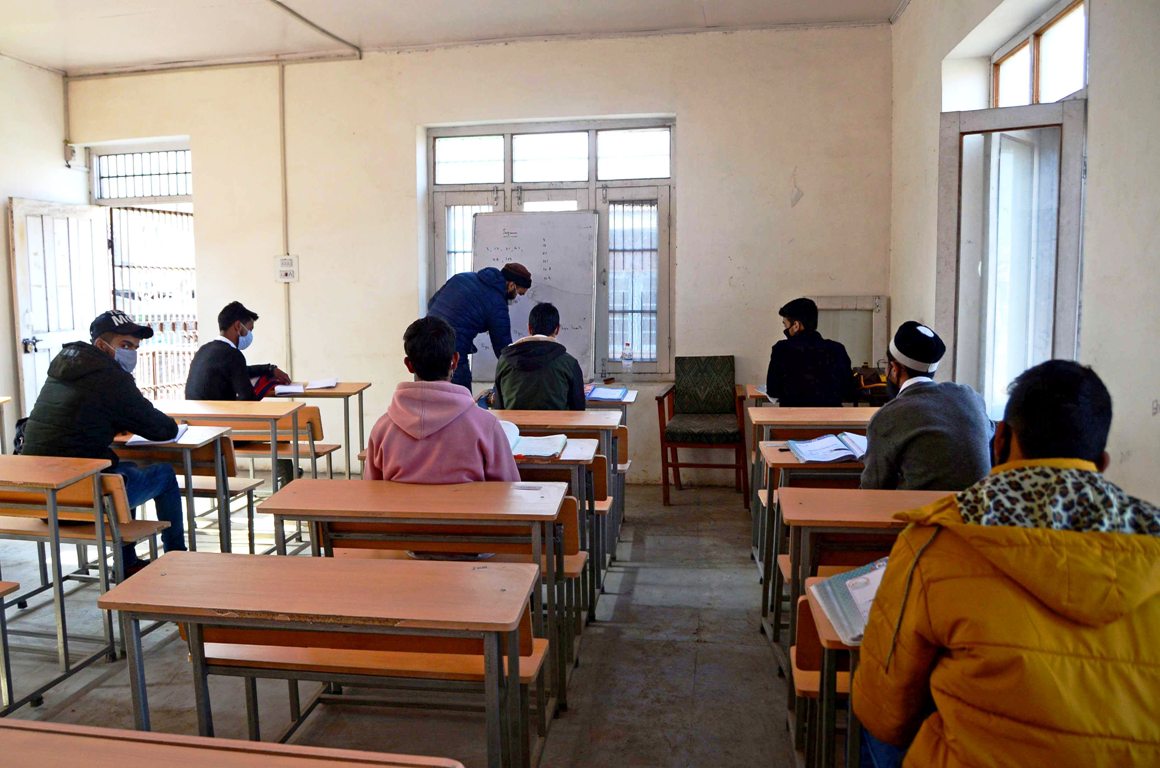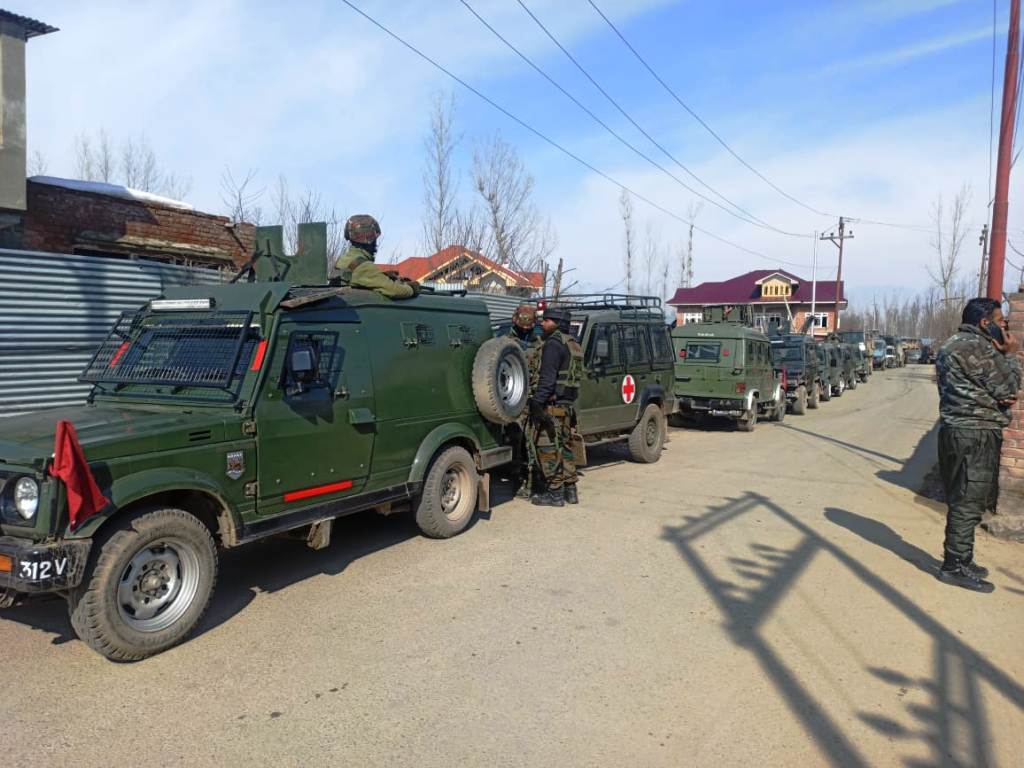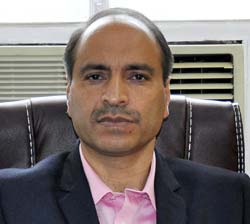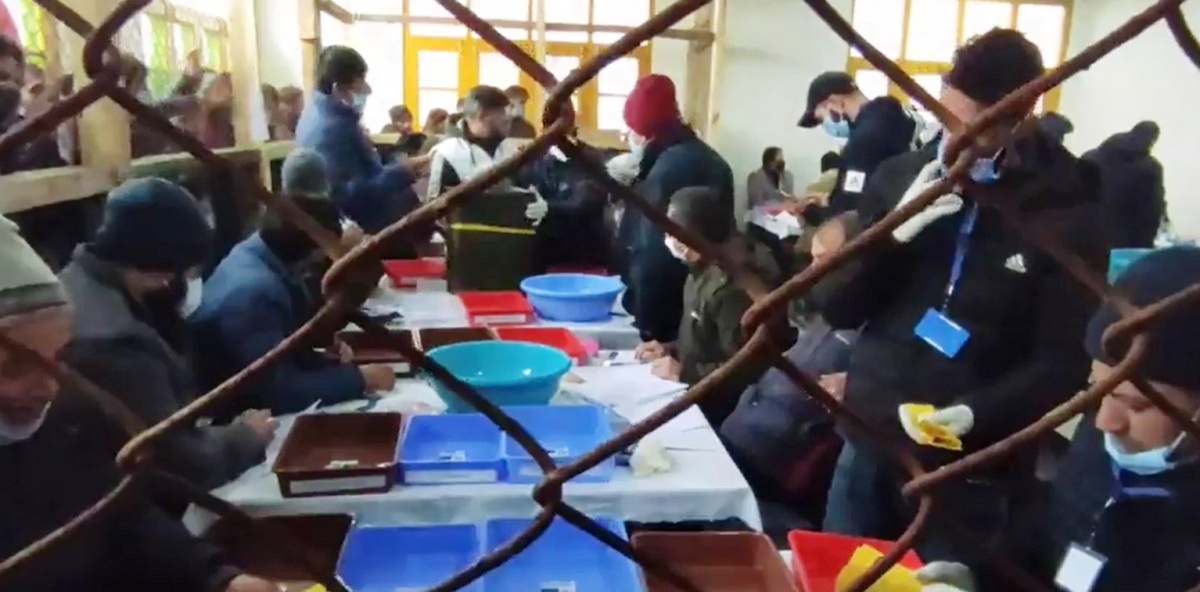Srinagar
The petitioner behind the second challenge to Article 35A of the Constitution, which accords special rights and privileges to residents of Jammu and Kashmir, says she has “anecdotal evidence” to suggest her family is originally from Kashmir, and that they had left it 200 years ago, Indian Express reported.
Charu Wali Khanna, a lawyer and former member of the National Commission for Women, filed the petition against Article 35A in the Supreme Court after the J&K government refused to identify her as a permanent resident because she didn’t have any documentary evidence to prove her claim. The apex court has clubbed her plea with a petition challenging the constitutional validity of the provision.
Admitting she doesn’t have any documentary proof to suggest her family is from Kashmir, only “anecdotal”, Khanna says, “But I am telling them (the J&K government) why are you questioning me, questioning my identity. It is impossible for me to trace what happened 200 years ago. My father is 98… Madan Mohan Kishan Wali. He has anecdotal evidence.” The petition that Khanna has filed at the Supreme Court says, “Being a Kashmiri Pandit woman by ancestry (Khanna) desires to build a home in J&K, in order to re-discover her roots, but due to the peculiar discriminatory laws, is unable to purchase property in J&K being a Non-Permanent Resident.”
Khanna has filed the petition along with a Kashmiri Pandit doctor, Seema Razdan Bhargav. The two have also challenged Article 35A on grounds of “blatant gender discrimination”. In her representation to Governor N N Vohra on permanent resident status, Khanna said, “The history and genealogy of my ancestors is a mix of myths and oral tradition which is more than 11,000 years old.
I have been told that the Aryan Saraswat Brahmans, who used to live on the banks of the Saraswati river, migrated to the Kashmir Valley… came to be known as ‘Bhattas’… Kashmiri Pandits or the Aryan Saraswat Brahmans of Kashmir, who believe in the mystic combination of Shaivism, Kali Bhakti, Shakti worship and Tantra.”
Of her own family, she said, “I have been told that my ancestors were part of the 6th exodus (during Afghan rule 1753-1819) who migrated from Kashmir to escape the reign of brutal tyranny… According to anecdotal evidence, they went down the west coast of Maharashtra and Goa (possibly by the river route) and some went to Uttar Pradesh where the Nawabs of Oudh of Shia Persian dynasty provided them a congenial environment… My maternal title ‘Wali (meaning a Muslim saint)’ was given to an ancestor by the Pushtun
Durrani Empire Sultan, whom he cured of disease by perambulating his bed.” Questioning the J&K government’s right to ask for proof for her family’s antecedents and for documents to prove her ancestors lived in the state, she says, “My whole existence is at stake. If you are going to ask me to prove my identity, how will I do that? I am not interested in history, I am interested in today. I have a Kashmiri ethnic identity. “I am questioning how can they create a separate citizen category for J&K. I was born in Madhya Pradesh. So tomorrow, if someone questions me that because I am not born in Delhi I can’t work here, I cannot live here… If the same logic is going to apply, what then?… We need to do away with these laws.”
Khanna argues that since “Article 35A was introduced through a presidential order in 1954, it is unconstitutional”. When it is pointed out that striking down the 1954 order would mean the subsequent orders that extend to a majority of the constitutional provisions in J&K will also go, she says, “What’s wrong in that?”
Article 35A empowers the J&K Constitution to define “permanent residents” of the state, and was added through “Constitution (Application to Jammu and Kashmir) Order, 1954”, issued by the President under Article 370. It replicates a state subject law promulgated by Dogra king Maharaja Hari Singh in 1927, following a strong campaign by Kashmiri Pandits who were opposed to the hiring of civil servants from Punjab.
The BJP government has the numbers to act, Khanna adds. “They have their own President, they can do anything. If something wrong has been happening, that must go.” Khanna dismisses talk of “Kashmiriyat and syncretism”. “There have been atrocities, genocide, that is why there has been migration… A whole generation has grown up with the concept of azadi. It isn’t their fault. It is because of lack of governance that they took the wrong path… The radicalisation has also been created.”















